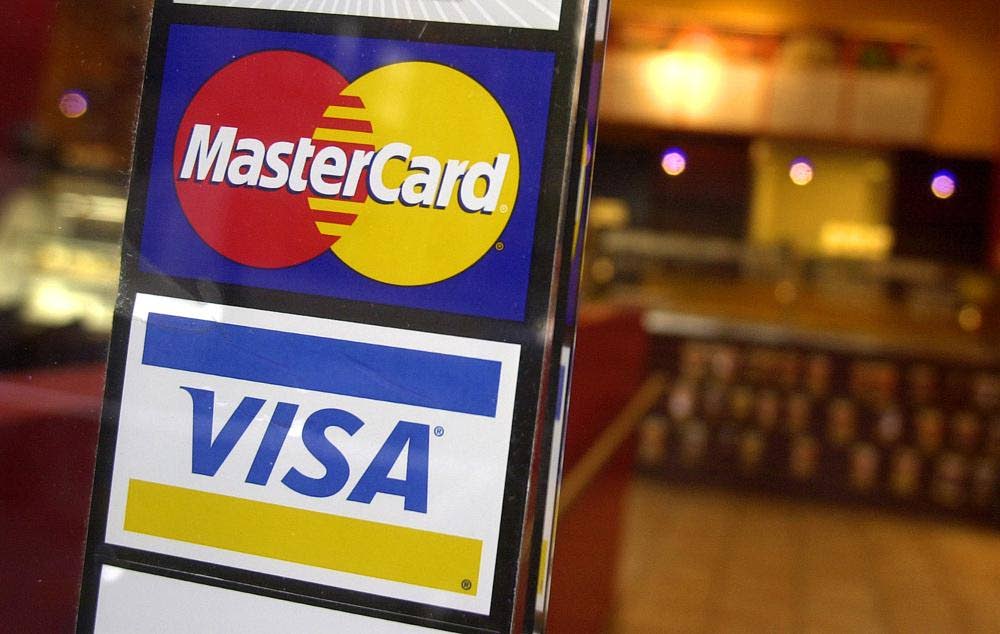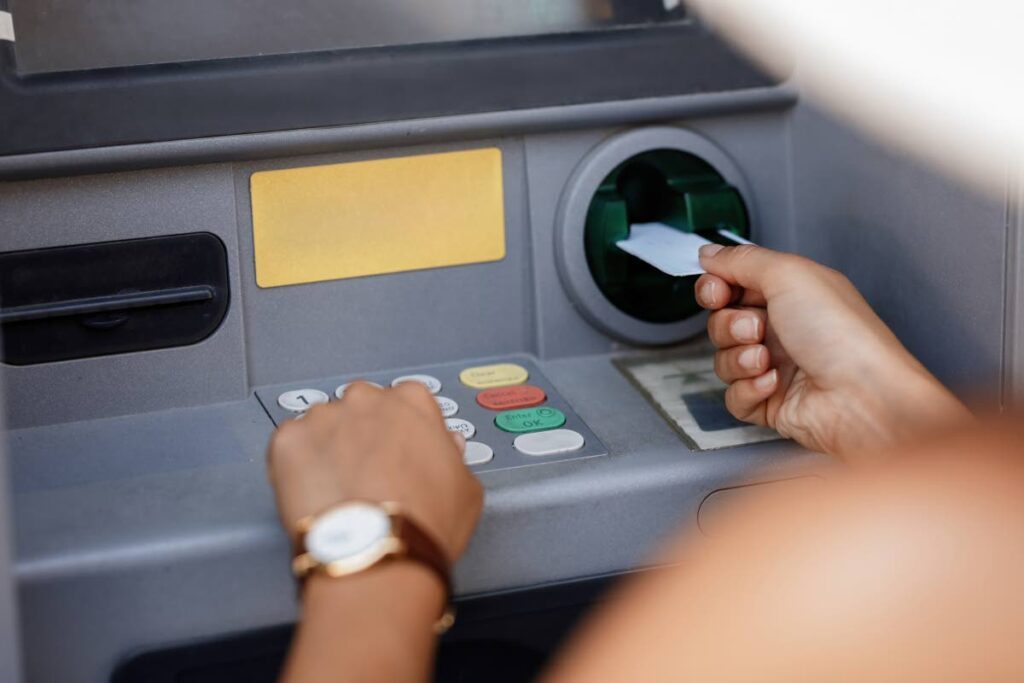Can Trinidad and Tobago really go cashless?

I had intended to write on the re-aligned feminisation of poverty this week but the headlines in the press about the results of the CSEC maths and English exams took precedence.
We need to know the effect on the business economy and our entire culture going forward.
We need to know why one school in St Augustine says most of its students got ones in maths and English, while other principals say they average only a 50 per cent pass rate.
Do the teachers in different schools come from different planets?
When I first started to teach, many decades ago, I was told: "If a student hasn’t learned, a teacher hasn’t taught."
And maths author Dr Fayard Ali pointed out that when exams are written with multiple choice (known to students as "multiple guess questions"), rather than structured questions which require a certain language skill (English) and ability to analyse (maths), students score higher, which speaks volumes about students’ language skills and those of their maths teachers.
On page ten of Newsday on August 21, there was full-page coverage of a speech by the Ministry of Finance that took me back to a science-fiction series I once was captivated by and met again in the themes of several creative writers' works, not just the Matrix series or the Hunger Games or Blade Runner, but multitudinous works of creative films, podcasts and TV series.
And I suddenly recognised the patterns of socio-political direction that appeared in the sci-fi works of creativity in Minister Imbert’s polemic.
It is one of the early steps toward the One World Government seen ahead of history over generations by sci-fi authors writing about fictional political or religious groups aiming at total population control step-by-step, one-by-one, control of the whole world.
The technical term is totalitarianism.
History is replete with examples. It starts with mass mind control. Some use religion as their control mechanism, some use money, some use health and some, a version of virtue-signalling.
The steps are almost formulaic.
Take the push to force everyone to a cashless society that Mr Imbert promoted. It means we will all have to have a bank account. Bank accounts require that everyone agrees to pay bank charges. They are not free.
Banking CEO John Outridge cites the benefits: "Access to formal financial services, savings, credit and insurance." There are charges for all these services.
What will people without cash, unable to work during long periods of hospitalisation and unemployment, do?
I have just helped several single mothers to apply for bank accounts. It was a long and demanding process. If they had never worked and had no one to support them, they could not even apply.
What about the sudden decision, without finding out citizens’ views, that the ships should be removed from the national emblem, or that Columbus’s statue be removed?
What percentage of the citizenry agreed? What percentage was even asked? Were you?
When no outcry was made, the creeping totalitarianism that is replacing democracy just assumed a tightly-controlled Cabinet could get away with whatever it wanted.
The One World Government Movement, we are told, wants One Central Bank to be in control of all of us through a card system.

No cash: you must have a credit or a debit card, which you get through a government-directed office which will control how much of your own money you will have access to.
Foreign-exchange regulations will decide how much money you can have to travel with, how much you can get for cancer treatment and where you can spend it, where you can send university fees for your children, and basically control all economic and monetary decisions. They say it will be for your own good.
A Central Bank survey shows that 41 per cent of people here do not have enough cash to open an account and don’t have the complicated documentation required to open an account.
But the minister says wage and salary payments through banks offer greater convenience, security and efficiency. But suppose you are employed by one of the small business enterprises that the CSO statistics tell us employ the majority of people in TT and pay in cash, not only for part-timers but also for project work.
What about the elderly poor who do not have cards?
Having a credit card is very useful until someone from your bank calls to tell you the card’s account has been hacked.
It happened to me once. Twenty-five withdrawals had been made, all in one morning, from my credit- card account. I had the card in my pocket while the bank’s records showed that withdrawals using my credit card were being made in Singapore, the UK, from Toronto, KFC and several unknown businesses. I am not rich.
Before I filled in all the forms to reclaim the stolen funds and sent them in, I asked for my credit card to be cancelled, of course. I was told the banking process to investigate the claim and return the money would take at least ten weeks and a new card would take another few weeks to be issued as well.
In Mr Imbert’s cashless system, without other means of support, or without another account at another bank, how would I buy food and pay rent?
During that period, several subscriptions and annual fees came due, and I knew annual subscriptions and utility bills would go unpaid.
Have we really thought this thing through?

Comments
"Can Trinidad and Tobago really go cashless?"